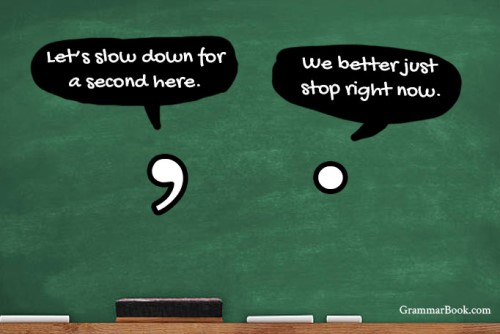|
Understanding superlative adjectives begins with recognizing the three forms (degrees) that most adjectives have: positive, comparative, and superlative. These different forms are likely familiar to many of you.
| Positive |
Comparative |
Superlative |
| cold |
colder |
coldest |
| tall |
taller |
tallest |
| soft |
softer |
softest |
As shown, shorter adjectives often form the comparative degree with -er and the superlative degree with -est.
If an adjective is longer—i.e., it has three or more syllables or two syllables and does not end in -y—it will typically form the comparative by including the word more (or less) and the superlative by including the word most (or least).
| Positive |
Comparative |
Superlative |
| confident |
more confident |
most confident |
| precious |
more precious |
most precious |
| flexible |
less flexible |
least flexible |
Some adjectives also form their degrees irregularly:
| Positive |
Comparative |
Superlative |
| good |
better |
best |
| bad |
worse |
worst |
| many |
more |
most |
Note that if an adjective has a consonant + single vowel + consonant spelling, the final consonant is doubled before the superlative ending: thin > thinnest, fit > fittest.
If a two-syllable adjective ends in y, the y must be changed to an i to form the -est superlative: busy > busiest, easy > easiest.
Superlative Adjectives: More about Function
A superlative adjective identifies the attribute of a person or thing that is either the highest or lowest in degree when compared with the other items in a group of nouns. As discussed, most superlative adjectives are formed by adding -est to shorter words and most or least to longer ones: nicest, most agreeable, least argumentative.
In American English, we use the comparative degree for two items: Richie is taller than Bobby. To compare more than two items, we use the superlative: Among Richie, Bobby, and Brian, Richie is the tallest.
As precise and eloquent writers, we will avoid using comparative adjectives for more than two items and superlative adjectives for only two.
Richie is tallest than Bobby.
Among Richie, Bobby, and Brian, Richie is the taller. |
The same principle applies to irregular adjectives:
Richie is best than Bobby at golf.
Among Richie, Bobby, and Brian, Richie is the better at golf. |
You may have noticed that superlative adjectives are often preceded by the word the. This is because a superlative adjective establishes a singular reference: No higher degree is possible within the scope given.
Caitlyn is the smartest student in her class.
Roger is the fastest runner on the team.
We need the most determined agent for this particular task. |
In contexts that compare points in time rather than identify someone or something, some superlative adjectives might not include the word the before them:
Midwest temperatures are coldest in winter. (compared with other seasonal times)
I am least focused when listening to one of his lectures. (compared with the timing of other activities)
Tracy is most jittery at night. (compared with another time of day) |
Superlative Adjectives: Words with Multiple Forms
Some superlative adjectives can take both the -est and less or more forms.
| Positive |
Superlative 1 |
Superlative 2 |
| gentle |
gentlest |
most gentle |
| likely |
likeliest |
most/least likely |
| quiet |
quietest |
most/least quiet |
| simple |
simplest |
most/least simple |
Superlative Adjectives: Don't Double Up
Superlative adjectives function alone in making a comparison. Because they already indicate the lowest or highest degree, they are not modified further by another superlative.
Incorrect: That is the most best movie I've seen in a long time.
Correct: That is the best movie I've seen in a long time.
Incorrect: That is the least emptiest wallet on Earth.
Correct: That is the emptiest wallet on Earth. |
Related Topics
Adjectives and Adverbs: Forms for Comparison
Comparative Adjectives
| 




